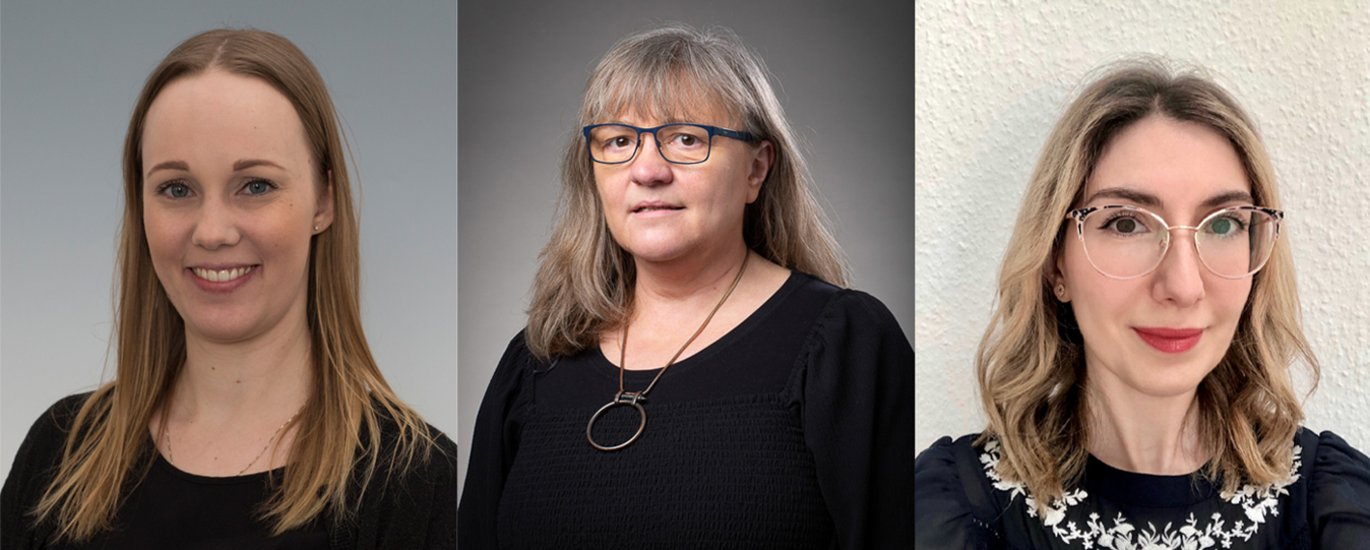Three NCRR researchers receive grants for new psychiatry research
Three senior researchers at the National Centre for Register-based Research (NCRR) at Aarhus BSS are each to receive a share of the new DKK 100 million grant from Independent Research Fund Denmark for better frameworks for psychiatry.

Zeynep Yilmaz, Julie Werenberg Dreier and Liselotte Vogdrup Petersen have each been granted just over DKK 3 million for their research projects on biological explanations of eating disorders; long-term consequences for children with neurodevelopmental disorders; and involuntary treatment of anorexia, respectively.
The purpose of the "Better framework for psychiatry" programme (Bedre rammer for psykiatrien) is to support the intentions of the agreement on a 10-year plan for psychiatry and mental health regarding research (Aftale om en 10-årsplan for psykiatrien og mental sundhed vedrørende forskning), concluded in 2022 between the government (Social Democrats, Danish Liberal Party and Moderates), the Green Left, Denmark's Democrats, the Conservative People's Party, Red-Green Alliance, Danish Social Liberal Party, Danish People's Party and Alternativet.
"More research in this area is absolutely crucial. Mental disorders often affect young people, and this can have a significant impact on an important developmental period, when they finish school, leave home and start their own families," says Ingrid Melle, chair of the "Better framework for psychiatry" committee and a professor at the Institute of Clinical Medicine at the University of Oslo on the research fund's website.
Senior researcher Zeynep Yilmaz states in her description of the study:
“We will analyse (......) data in 1,250 eating disorder cases and 1,250 healthy controls to compare metabolic profiles in eating disorder cases vs controls, assess their association with early life risk factors and polygenic risk scores, and develop multifactorial models to predict eating disorder risk”.
Senior researcher Julie Werenberg Dreier's description says:
“We will map the consequences of neurodevelopmental disorders in childhood on school outcomes, including school performance, school absence and well-being and we will identify characteristics at the child, parent, and school-level associated with better outcomes”.
Finally, Liselotte Vogdrup Petersen describes the goal of her study as follows:
"We want to find out why some people with anorexia are at risk of involuntary treatment (IT), so that clinicians can prevent involuntary treatment through early detection and prevention. We will also generate novel insights into the impact of IT in anorexia, which may help politicians to set rules to benefit patients with respect to when and how involuntary treatment is initiated”.
Read more about the grants here